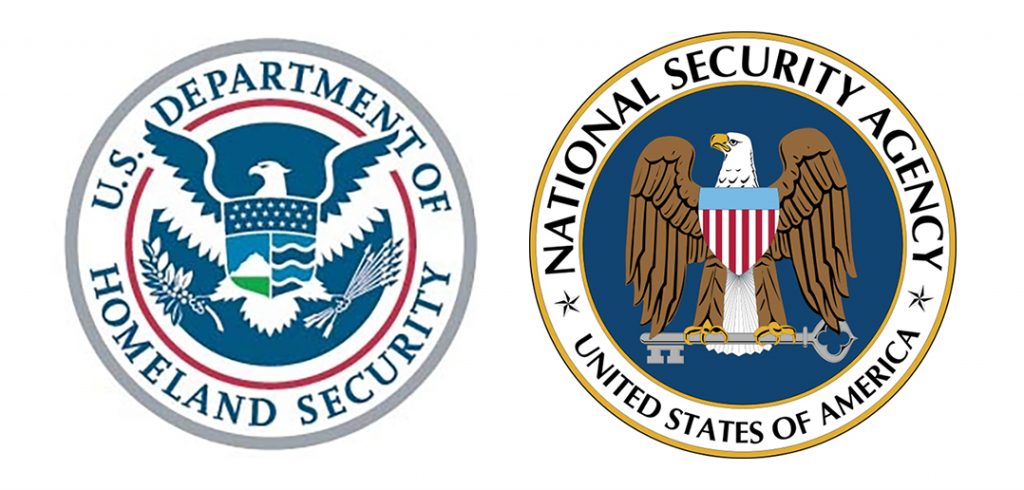The National Security Agency and the Department of Homeland Security have designated Fordham as a National Center of Academic Excellence in Cyber Defense Education (CAE-CDE).
“We are now recognized as a federal training ground for cybersecurity,” said Eva Badowska, Ph.D., dean of the Graduate School of Arts and Sciences.
While GSAS offers a master’s in cybersecurity, Badowska said that it is important to note that the designation is for the entire University, which has expertise in cybersecurity across disciplines and departments: from the Gabelli School of Business’ Center for Digital Transformation to Fordham Law’s Center on Law and Information Policy to the Fordham Center for Cybersecurity.
She said that the new designation will attract federal workers, police officers, and students wanting to work in government to Fordham’s programs. It will also make the University and researchers eligible for federal grants aligned with cybersecurity.
“But in order to achieve this we had to show that the entire university could demonstrate its expertise and we had to incorporate it into our own cybersecurity structure,” she said.
Badowska applauded Fordham IT for fast-tracking a University cybersecurity strategy originally set to roll out over a two-year period. By December of last year, the department had shifted gears and developed a new framework based on the requirements needed for the NSA/Homeland Security designation.
“This certification required that we have the framework and a more contemporary plan than we had, so it really helped us leverage things we need to do with best practices,” said Frank Sirianni, Ph.D., vice president and chief information officer.
Jason Benedict, GSAS ’16, associate vice president and chief information security officer, said that while most in the University community are aware of cyber threats, the intense media focus has helped IT make the case for ramping up cybersecurity University-wide.
“The confluence of media attention on the elections, cyber intrusions, and data breaches are common in everything we read, it makes it much easier to explain why change is necessary,” he said. “We know that there will be some growing pains.”
In addition to structural changes on campus, the designation required community outreach. In what Benedict referred to as “road shows,” Fordham experts fanned out across the Bronx to give lectures in cyber hygiene to high schools, senior centers, local fire houses, and community colleges.
Academically, the University had to produce peer reviewed papers by professors researching the subject, show evidence of collaboration with other higher education institutions, and prove that its curriculum was aligned with NSA/Homeland Security requirements, said Thaier Hayajneh, Ph.D., associate professor of computer science and founding director of Fordham Center for Cybersecurity.
“We have the master’s program and the International Conference on Cyber Security (ICCS), and now we have the designation—this will open for us a new future for research, outreach, and education,” said Hayajneh.
Dorothy Marinucci, associate vice president for presidential operations, organizes the ICCS with the FBI. She said meeting the tight CAE-CDE deadline and the swift approval bode well for future collaboration. With cybersecurity initiatives happening across the University in various schools and departments, she said that the effort makes way for a “potential model for future collaboration on a regular basis.”
“We’re at the forefront of something very exciting,” she said.

